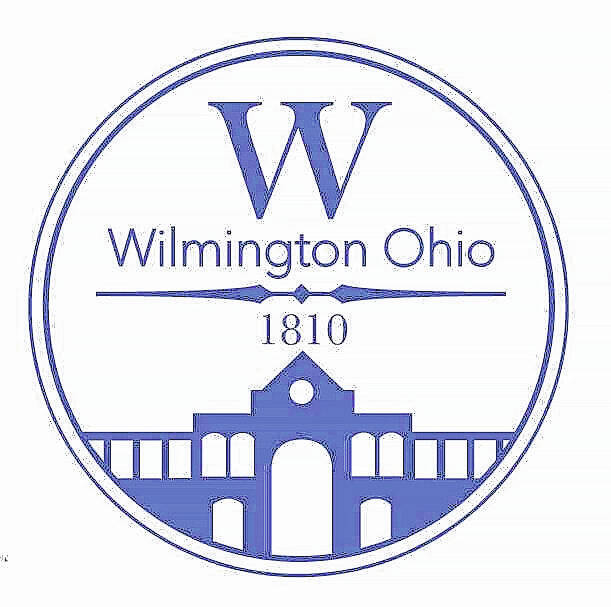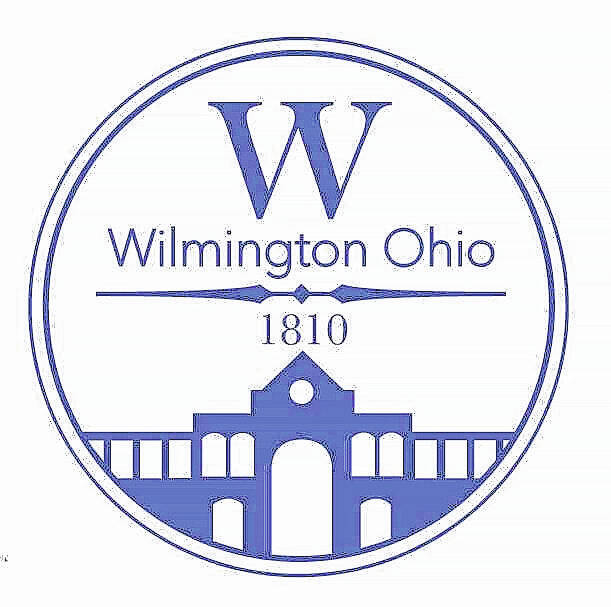



Earlier this year, Wilmington introduced a stormwater utility fee, joining most Ohio communities our size and larger in doing so.
Beginning in 2002, federal and state law required communities to follow strict stormwater regulations. The law makes municipalities responsible for minimizing stormwater and pollution entering our streams and waterways from streets, parking lots, and all commercial and residential properties.
Until this year, funding of Wilmington’s stormwater collection efforts was generated from fees charged monthly on your sanitary sewer bill. This was an improper use of sanitary sewer funds.
For more than a decade, Wilmington city officials have discussed funding of stormwater collection activities. In 2018, City Council authorized Woolpert, a consultant engineering firm, to help develop a dedicated stormwater utility.
Communities assess stormwater fees in a variety of ways. With Woolpert’s assistance, it was suggested that the fairest way to assess a stormwater fee in Wilmington should be based on the amount of impervious surface on each property.
Impervious surfaces – buildings, patios, driveways and parking lots – do not allow precipitation to naturally soak into the ground. Stormwater that cannot soak into the ground becomes runoff that is susceptible to pollution as it drains into public streams.
A property is assessed the fee in proportion to the amount of impervious surface it has.
To handle stormwater, a dedicated network of catch basins and pipes have been installed across the city to direct water to the streams in town. This is a separate set of pipes from those that direct sanitary sewage – toilet water and other wastewater used within buildings — to the wastewater treatment plant.
The stormwater collection system, which first began operation in the 1920s separate and is apart from the sanitary sewer system, needs substantial repair and expansion to effectively move rainwater to streams while avoiding flooding and pollution.
The system also needs improvement so that more precipitation soaks into lawns and greenspaces and less into stormwater sewers. The stormwater fee will cover these costs along with related federal and state EPA requirements.
In a series of regularly scheduled public meetings during the summer of 2020, the Public Works Department presented a plan for a stormwater utility, first to council’s public works committee then to full council.
At the time, city council was meeting in-person. The presentations were scheduled when council was meeting in person, so that the public had a full opportunity to participate.
There is never a good time to institute a new charge like the stormwater fee. Collection of the fee began in July 2021, more than nine months after city council approved creation of the utility, so property owners could prepare for the charge.
In the meantime, articles appeared in the newspaper and announcements were included in Wilmington utility bills concerning creation of the stormwater utility. Additionally, an interactive map was placed on the city’s website so that all property owners could learn the fee they would be charged.
A separate issue facing Wilmington is the age and limited capacity of the wastewater (sanitary sewage) treatment plant. The plan to design, construct and fund a new wastewater treatment plant occurred during the same timeframe that the stormwater utility was being considered.
However, none of the stormwater fee will be used for the wastewater plant.
Money collected from the stormwater fee will fund replacement of older stormwater catch basins in our streets, efforts already intensified with Wilmington’s street rebuilding program — now entering its fifth year. Our investment will fix broken and inadequate stormwater drainage pipes and build new, where appropriate, to slow down water entering our creeks, reducing sediment and pollution.
Finally, our utility will encourage efforts to use nature itself, in the form of trees, shrubs and grasses, to help commercial and residential property owners become partners in our effort to improve the water quality of our public waterways that we all cherish.
Rick Schaffer is Public Works Director for the City of Wilmington.



